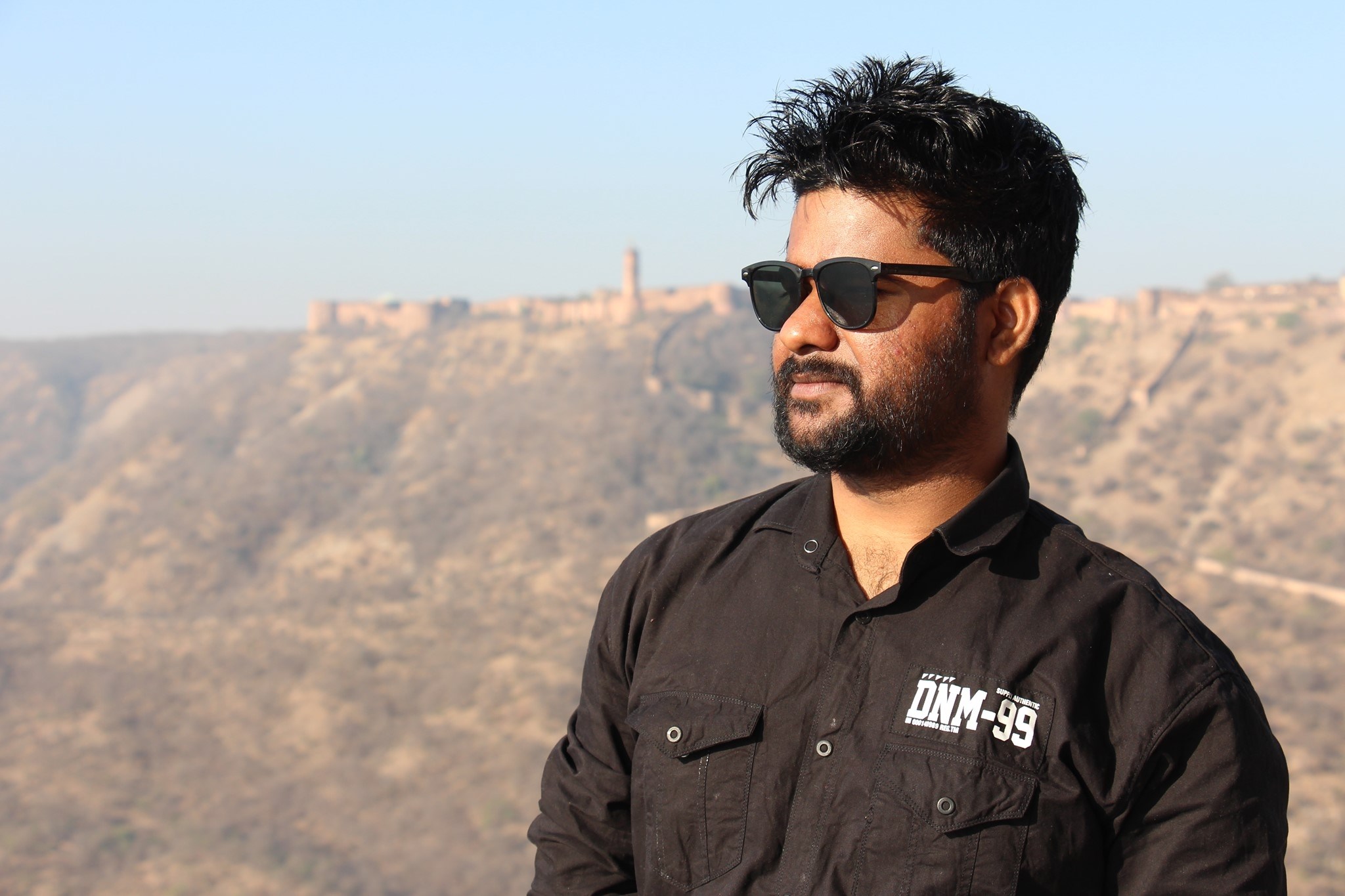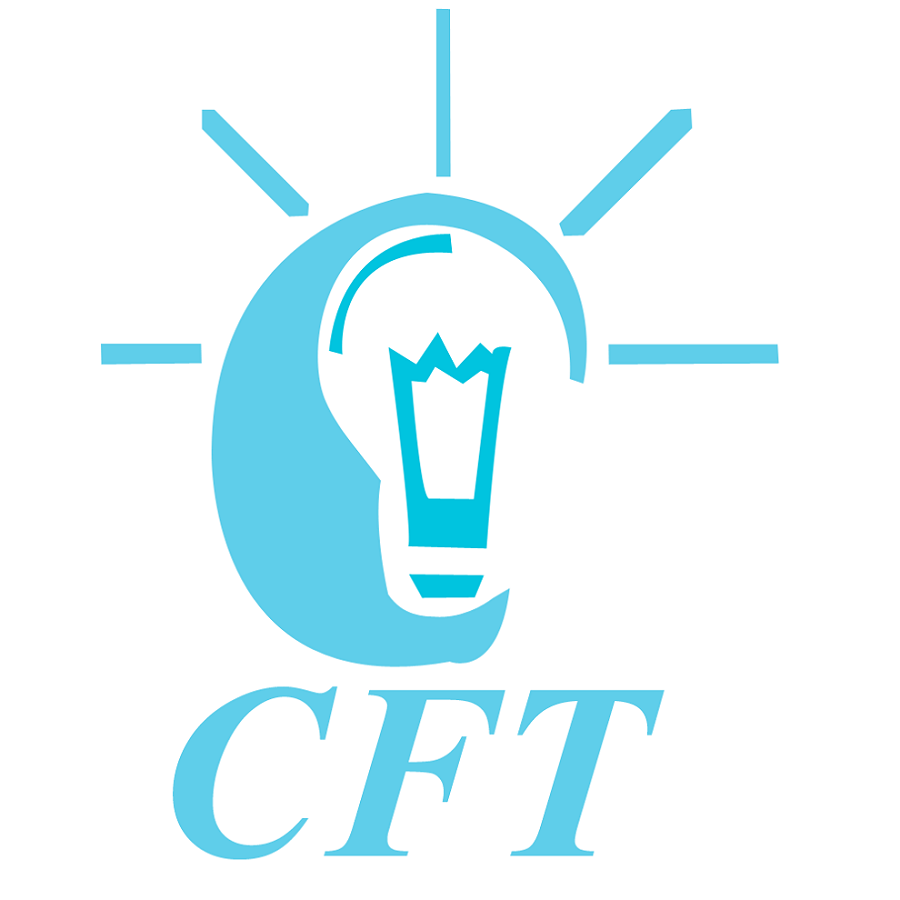With the basis of SEO laid out, it is quite important that we dwell deep into the strategies, ideas and much more of Search Engine Optimization.
Search Engine Optimization would obviously have a lot of processes in line to be done for the so-called successful results.
All could not be done in a day or a two.
To start with, there are tips and tricks that can be made use of and measures to be taken to make sure of being search engine optimised from the website’s side, which is collectively called as On-Page SEO.
On-Page SEO is the process of making changes on the webpage that can increase your rankings using different aspects of the webpage.
With us being in 2020 and search engines changing algorithms, being better brains than humans at times, it is not quite advisable to stick to the old school methods like keyword stuffing and likely attempts.
The basic techniques, altered to match the current scenario, are required at this point in time.
Keyword Research and Why it is STILL important?
There are a lot of contradicting opinions out there telling Keywords are still important and keywords are no more required.
But, we still think keywords are important and they must be researched, but with a different idea behind the same- this comes out of our experience in being the best seo agency in bangalore . See, earlier keywords were used to exactly match the search query of the user. But, after the updates in the algorithm, Google has been using Neural matching to understand even synonyms and to render the results likewise impacting around 30% of the search results.
This outdated the notion to stick to the exact keywords so as to appear in the results. While still doing it would cause no harm.
So, should I not do keyword research?
yes. You have to.
You have to do it to identify the search intent of the users.
Search intent addresses the reason behind a search. A user who searches for “DIY decors” might be intending to know how to make DIY decors or maybe looking for an online shop to DIY decors, or even might be looking for the ideas to make them.
So, knowing what the user needs and catering the same is crucial and important when it comes to improving your organic reach.
In contrast to the method of focusing on a single keyword and optimising your page for one keyword, more effective methods of using groups of related keywords are to be made use of. This helps you understand the overall intent of the users, making more chances for the users to land on your page. If you could just see, almost all the first-page results would have the keywords matched to the URL and content- STILL.
Now that I know about keywords, how should I optimize the content for SEO?
So far, these have been practiced.
-
Using keywords in the first 100 words.
-
Wrapping H1 tag title with the keyword
-
Subheadings in H2
-
A fair keyword frequency
-
Short descriptive URLs
-
URL, title, description tags optimized for SEO
-
Image alternative tags with a description that includes keywords
-
LSI Keywords- Latent semantic indexing is the usage of similar and synonymous words to your target keyword
RankHawn, being an experienced SEO company in Bangalore advises our clients to still make use of these tips as they still make sense at basic levels. nBut, when there are highly competitive keywords, there are quite a lot of things to be made sure of regarding the content being optimised for SEO.
Here is where the golden rule regarding content comes from.
Write for humans, not machines.
We believe in this and it has had effects. There is plenty of content being released every minute on the Internet. But, what makes a person read your piece of content?
If he finds it interesting and interactive, giving him information and required knowledge regarding the topic that he had searched for. Click Through Rate is the percentage of people who actually click on your content out of the people who view it. Bounce rate is the rate of visitors who navigate away from your page after viewing your single page. Session length is the time one spends on your webpage.
These factors are very crucial in determining your page. Because, Google knows that it is the users who need to find the pages useful, not machines. And, hence, you have to make the content, the best for humans to read.
Suppose you have the 3rd position on SERP. If a user clicks on all the links till 5th one. If the user finds your site better than the 2nd site, he would obviously read yours for more time than the 2nd one. Google understands this and will improve your ranking to the 2nd position after considering factors like these.
Write content that can get you featured snippets. Try to inbuild the structured elements in your webpages.
So, in our opinion, impress the machine’s algorithms to appear on SERPs and impress humans to improve your rankings way up the pages.
Links are one big deal.
While you are trying to make your content rich with information, make sure you include links to related content that will help the users know about specific topics that you do not want to explain again which has already been beautifully explained somewhere else.
Include links to your website, internal links. This will help the crawlers understand the structure of your website.
You can include links to external pages. Make sure your page too gets linked in the same way on other pages.
There are tools that help you understand the number of links in top-ranked pages which will help you estimate the number of links that you too would want to outrank the existing pages.
The speed of your website
This is one important thing that your webmaster must look into. It is because Google considers so and users hate it. No one is going to wait for a page that will take forever to load.
Also, Google has already considered load time as a factor for SEO. Mobile friendly, indexable and crawlable pages are their favourites.
Few measures to increase the speed of your page are:
-
Minimise the HTTP requests to render on-page elements.
-
Enable browser caching
-
Reduce the size of images
-
Minify and combine files
There are tools that help you understand the speed of your site. Google PageSpeed Insights, Uptrends, KeyCDN Speed Test are to name a few.
Some technical stuff now.
-
Make sure you have your website connected to Google search console to get the correct analysis- as without knowing your progress, there is no point in trying to reach out.
-
Make sure you do not have broken links and broken pages. Make your page structure very clear, helping it more crawlable. It is always better not to have a deep structure of more than 3 clicks.
-
If you have a very big website, make a sitemap for the ease and clearing your website structure.
After optimising, Now What?
After doing all the work, you have to constantly keep a track of the activities and progress on your page.
-
Track keyword rankings. Optimise it from time to time.
-
Analyse the traffic- both organic and paid. Keep a note of the sources so that you can focus on them.
-
Know the pages that have a high bounce rate. Try to make changes to them.
Make changes and constantly be updated about the algorithms and the changes that happen in the world out there. Rank your pages to the Top!




























